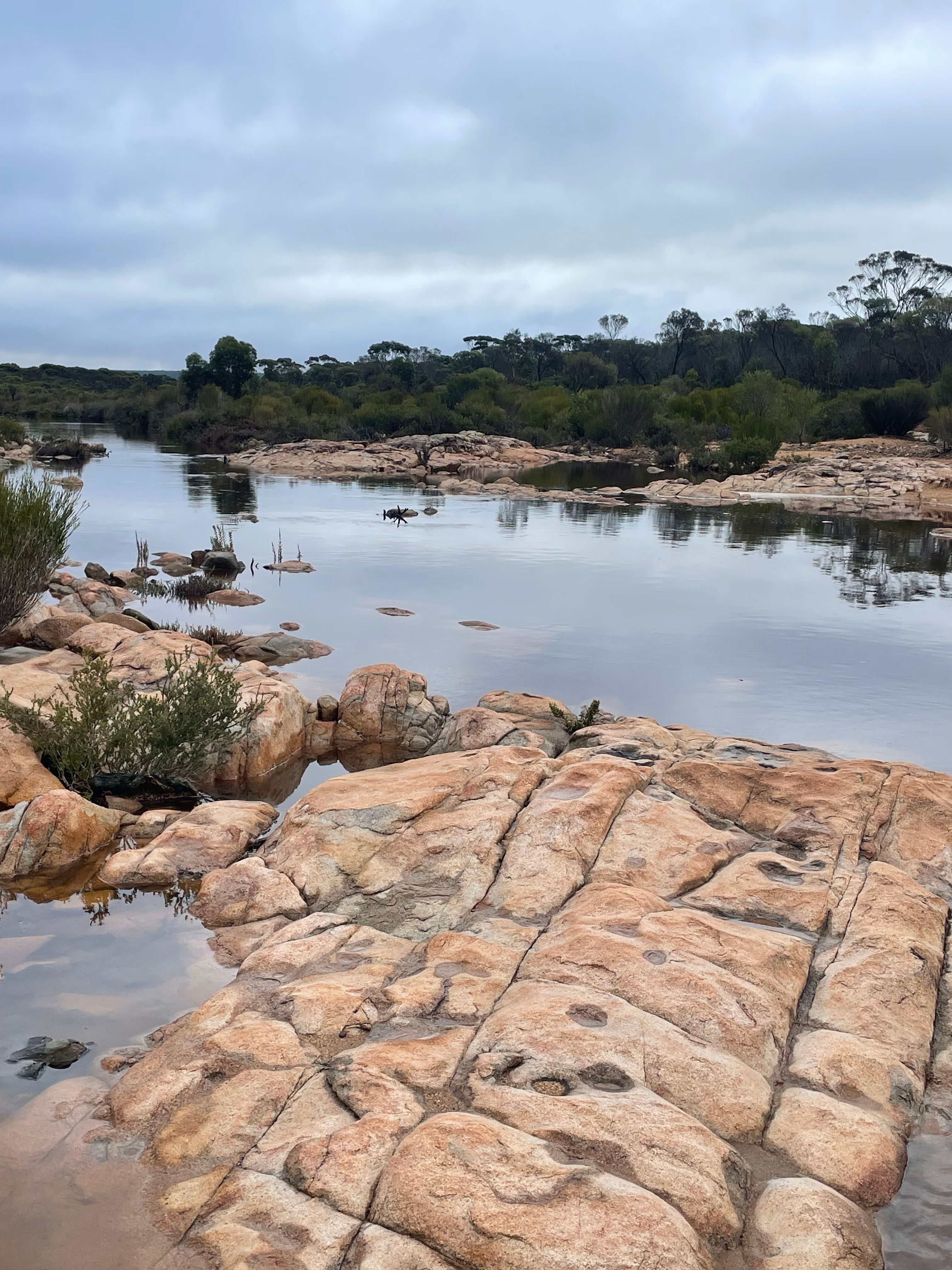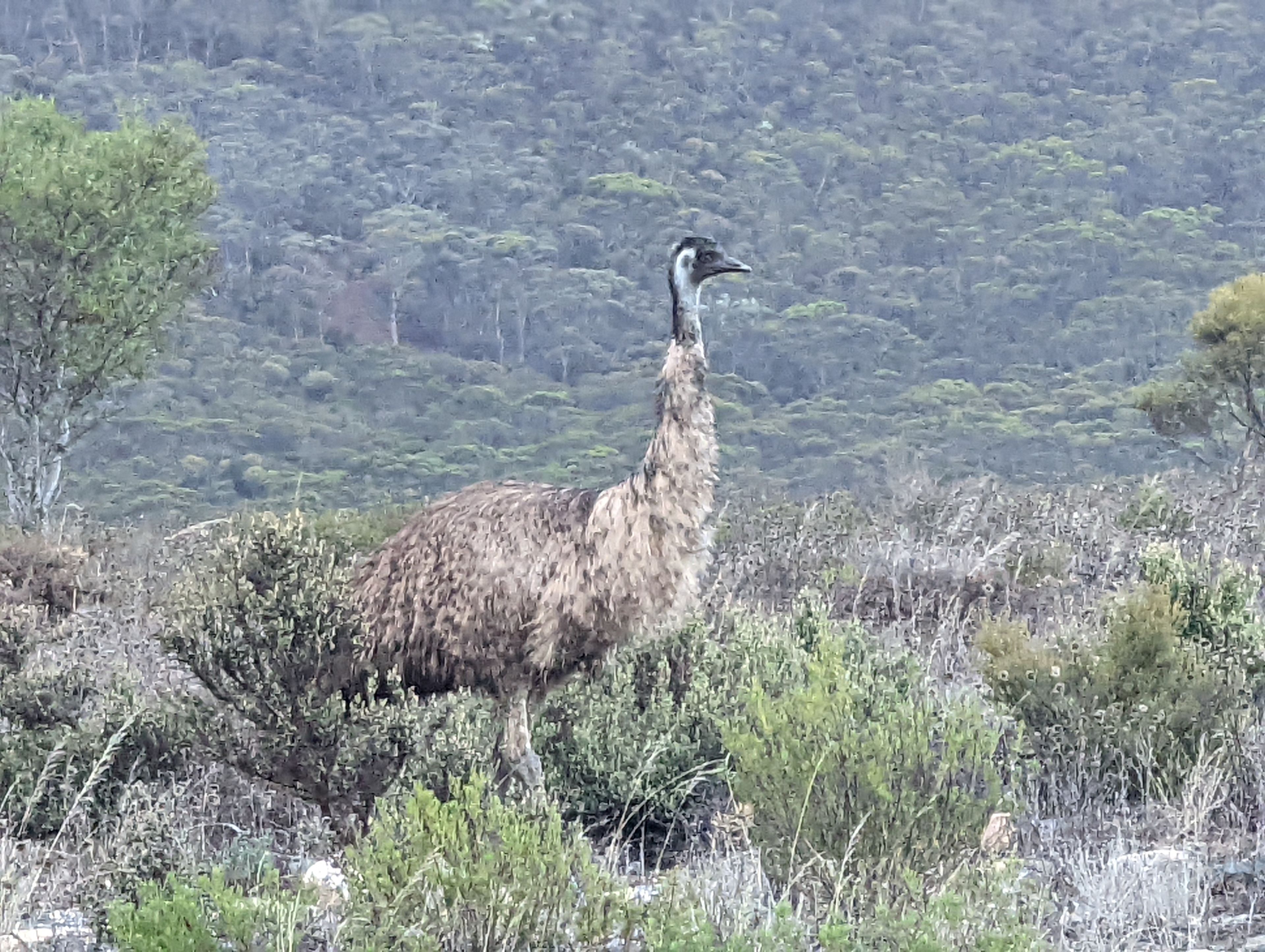- Frank Hann National Park
The best camping in Frank Hann National Park, WA
Discover the wild beauty of Frank Hann National Park.
The best camping in Frank Hann National Park, WA
1. Armstrongs farm
Discover the most magical spots to pitch your tent or park your rig on your next Frank Hann National Park adventure.
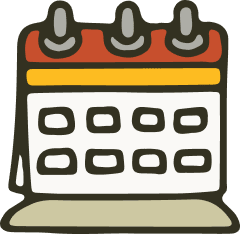
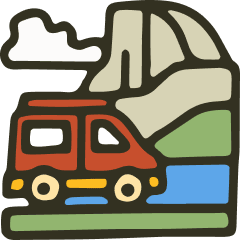

Recent reviews from the Hipcamp community
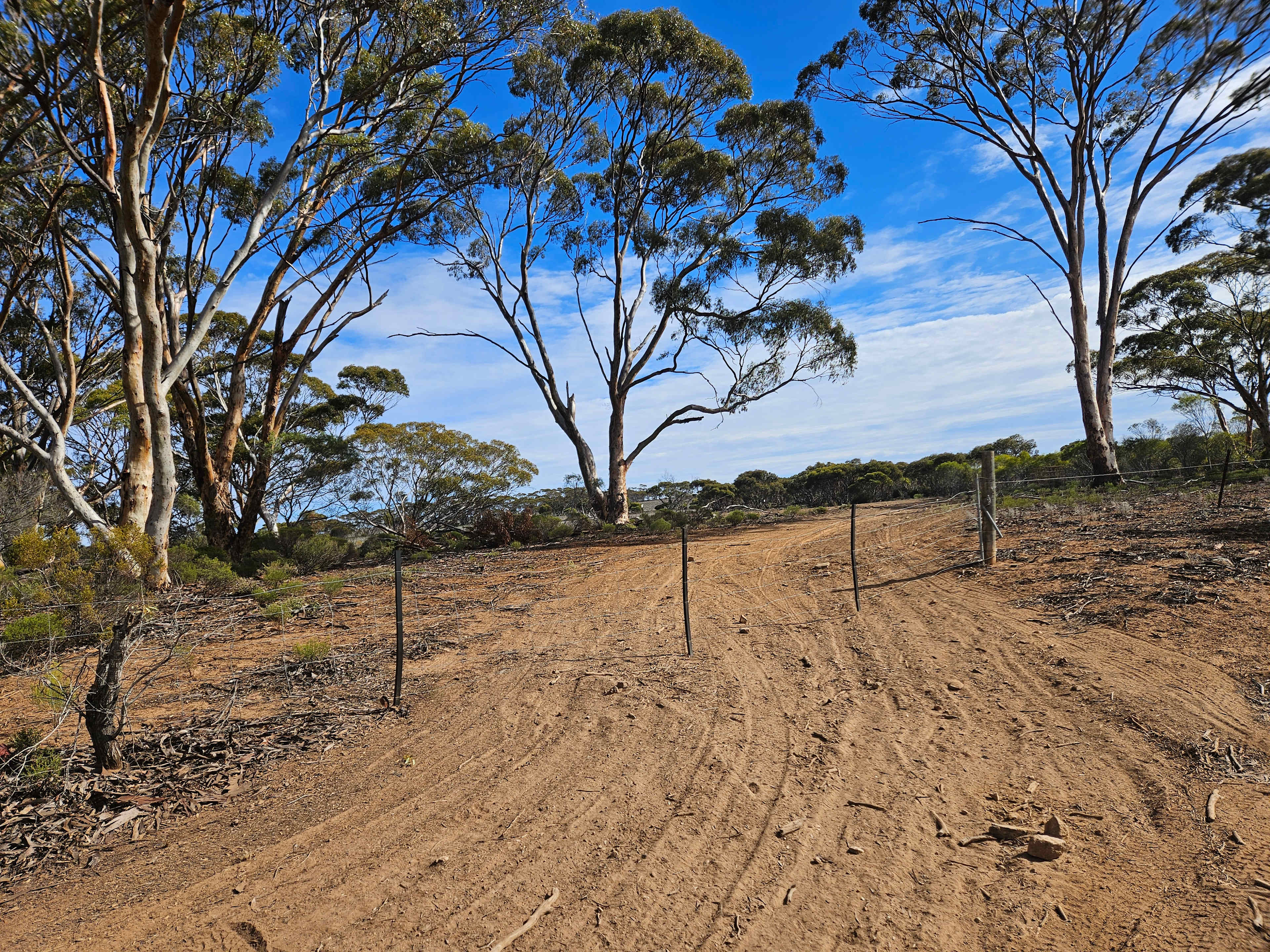





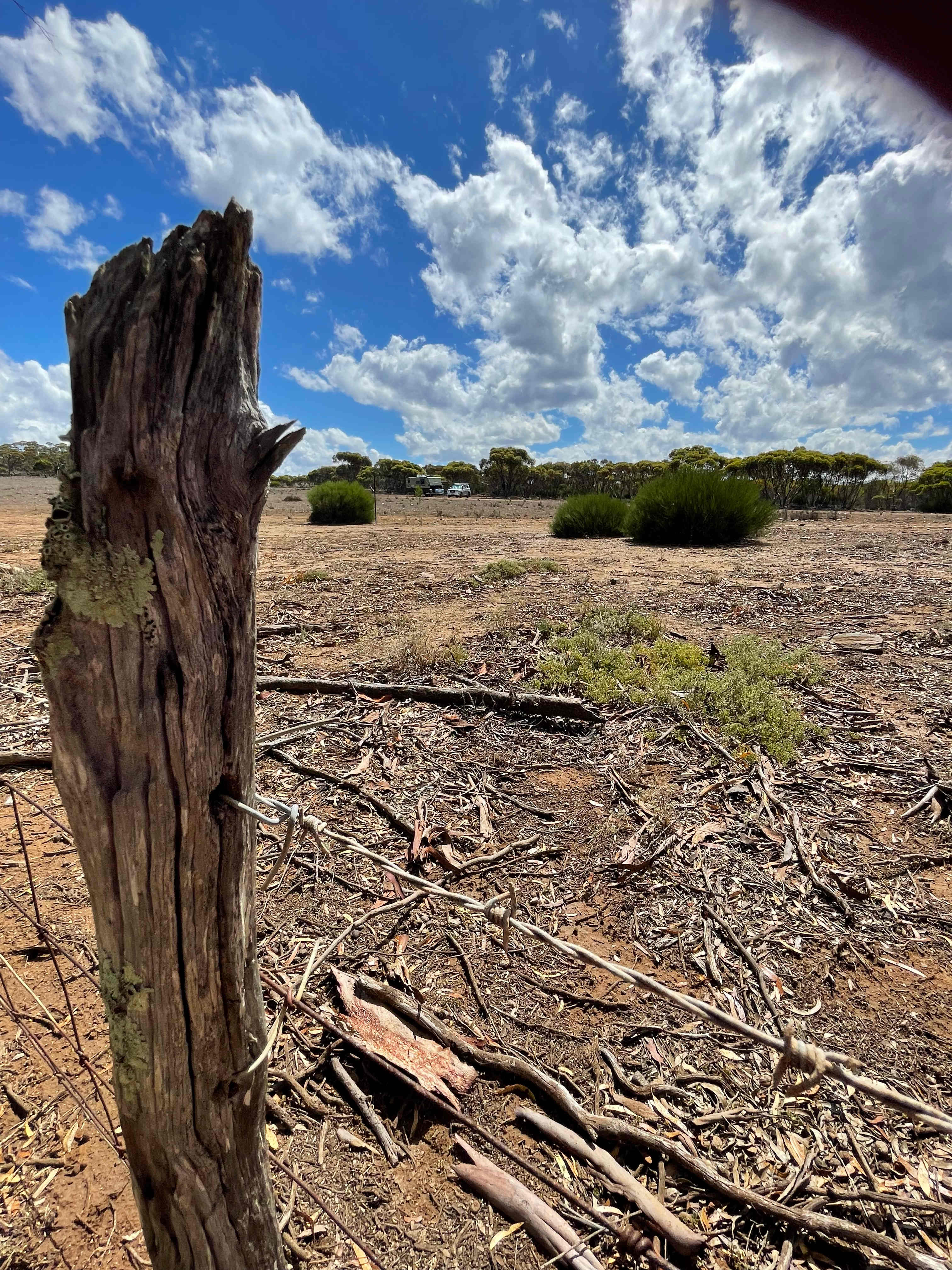

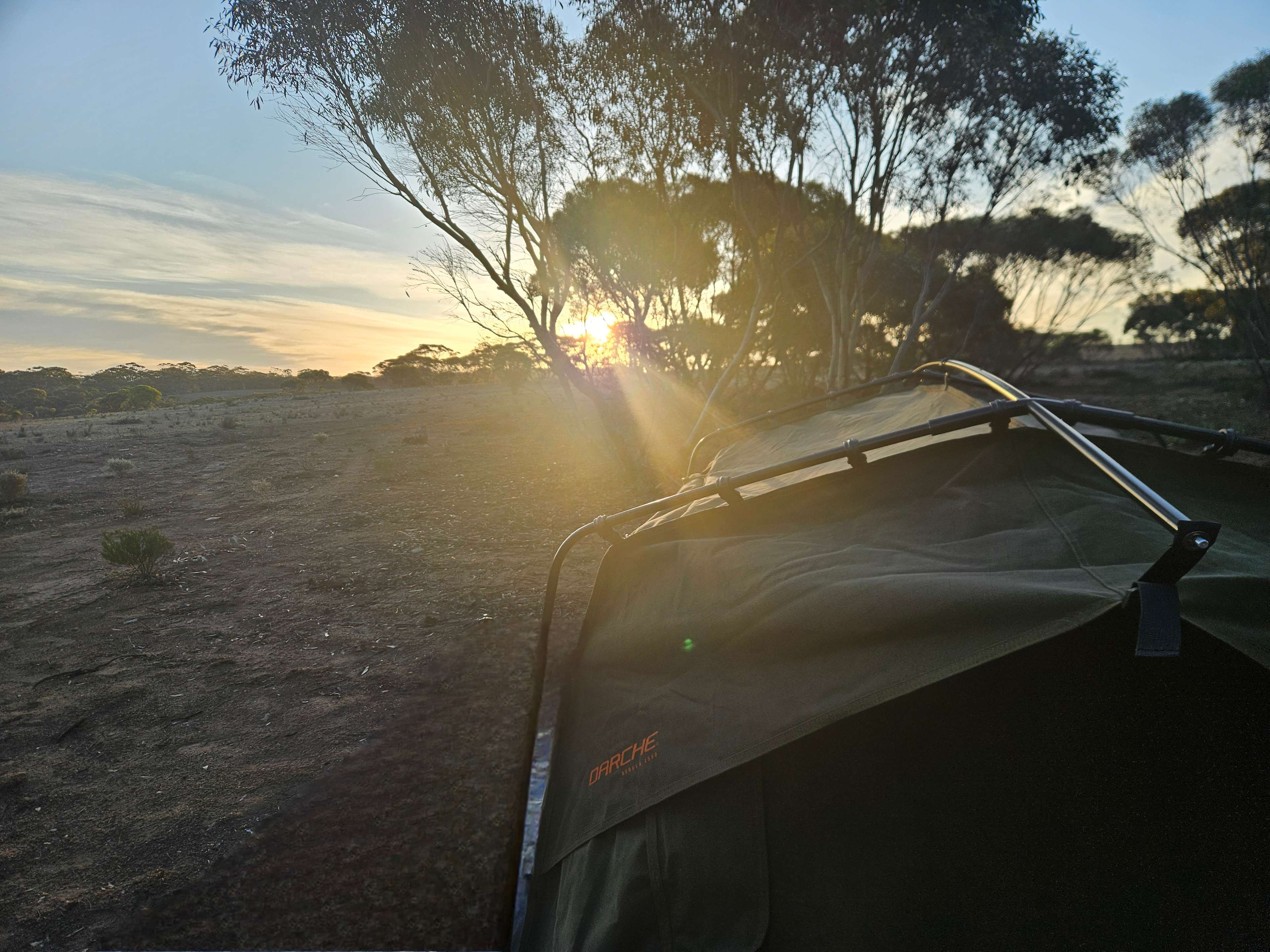
The best camping in Frank Hann National Park, WA guide
Overview
About
Venture into the untamed wilderness of Frank Hann National Park, where the sand plain plants of the Great Western Woodlands flourish. Traverse the landscape by foot or enjoy a scenic drive along Lake King-Norseman Road, especially during the wildflower bloom from September to January. While there are no campgrounds within the park, the natural beauty offers a perfect backdrop for day-time bushwalking and exploration.
When to go
The ideal time to visit Frank Hann National Park is during the spring and early summer months, from September to January, when the wildflowers are in full bloom. Outside of these months, the park offers year-round opportunities for plant enthusiasts and wilderness lovers to explore its vast landscapes.
Know before you go
- Ensure you have a personal location beacon (PLB) for safety amid remote wilderness.
- Be aware that no dogs or other pets are allowed in the park.
- Entry to Frank Hann National Park is free, making it an accessible adventure for all.
- There are no facilities, so come prepared with all necessary supplies.
- Check current bushfire conditions and plan your visit accordingly.
